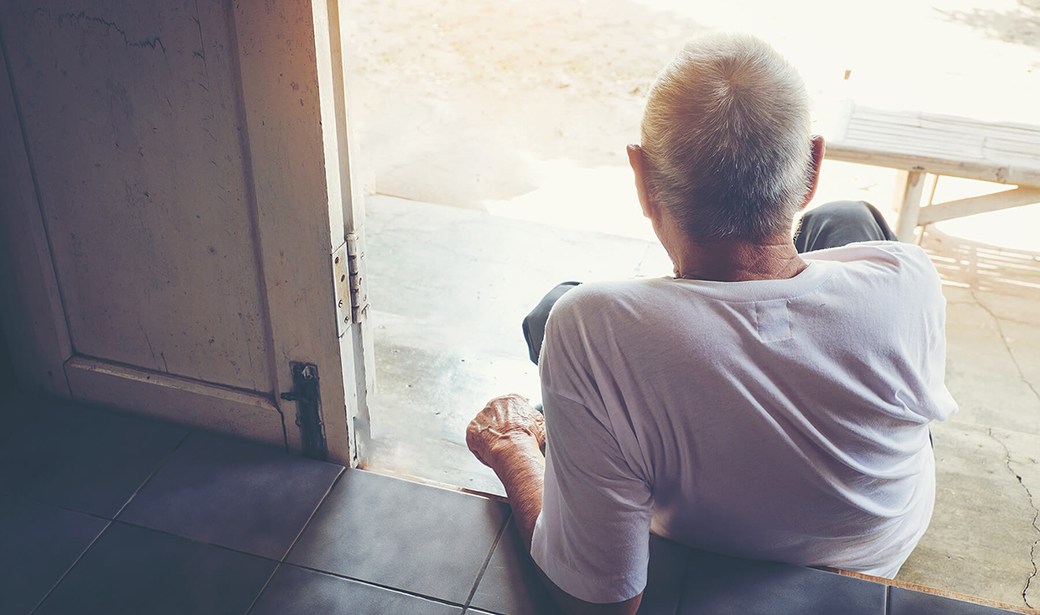Like so many medical issues, early detection is key when it comes to protecting your skin’s health. Often, patients — particularly men — who visit the dermatologist for a skin cancer screening only do so at the prompting of their spouse or partner. That’s one of the reasons why men over age 50 who live alone are at the highest risk for developing skin cancer.
“Many men are not very concerned about their health, and I find them even less concerned about skin cancer than their blood pressure or heart disease,” said Victoria Gunn, MD, dermatologist at MU Health Care’s Jefferson City Dermatology Clinic. “They often do not think that sun protection is ‘manly,’ and they like to spend weekends in the sun without a shirt.”
Men who live alone are at particular risk, Gunn said, because they may not have anyone who sees their unexposed skin on a regular basis.
“Because of this, they may have cancers in areas not easily seen,” she said.
The good news is that most skin cancers are easily treated if identified early and removed. Early detection is the best chance for a good prognosis.
Consider sharing these tips with your friends and family members to protect their skin’s health, and encourage them to get regular skin cancer screenings:
- Find out if your employer offers workplace skin cancer screenings. “One of the employers in our community offers a free skin cancer screening visit to a dermatologist yearly, and we have seen several patients participate that would not have come otherwise,” Gunn said. Many utility companies offer free sunscreen to employees as well and encourage them to use it.
- Be self-aware. Gunn suggests getting a full-length mirror and hand mirror and learning to carefully look at your body. “I usually suggest patients do self skin checks monthly since it’s an easier routine to remember,” she said.
- Know your history. Family history of skin cancer, especially melanoma, is important in determining risk. There’s also a known association between tanning beds and melanoma. In addition, Gunn said organ transplant patients have a significant risk of developing skin cancers and should be monitored regularly.
Over the past few decades, the public’s perception of skin health and protection has changed for the better. Red, blistered noses were once commonplace at pools in the summer. Now, communities monitor sun time for lifeguards and encourage sunscreen use, and parents are much more diligent about monitoring their children’s sun exposure. But that wasn’t always the case.
“Men 50 and older probably had parents who exposed themselves to the sun regularly without regard to potential damage,” Gunn said.
Schedule a Free Skin Cancer Screening
Although there are no standard recommendations for a first skin cancer screening, Gunn suggested that people who live alone and have no one to help monitor difficult-to-see body areas should seek a free skin cancer screening or visit a dermatologist. Keep in mind that free skin cancer screenings typically only focus on exposed skin. Anyone with concerns about any skin lesions should seek a dermatologist.
And remember, a healthy skin routine is important for everyone, regardless of age.
“A healthy skin routine is using sunscreen regularly, at least SPF 30 to 50 is better,” Gunn said. “Sun protective long-sleeved shirts are great for lake and river boating. Stay out of the midday sun.”



